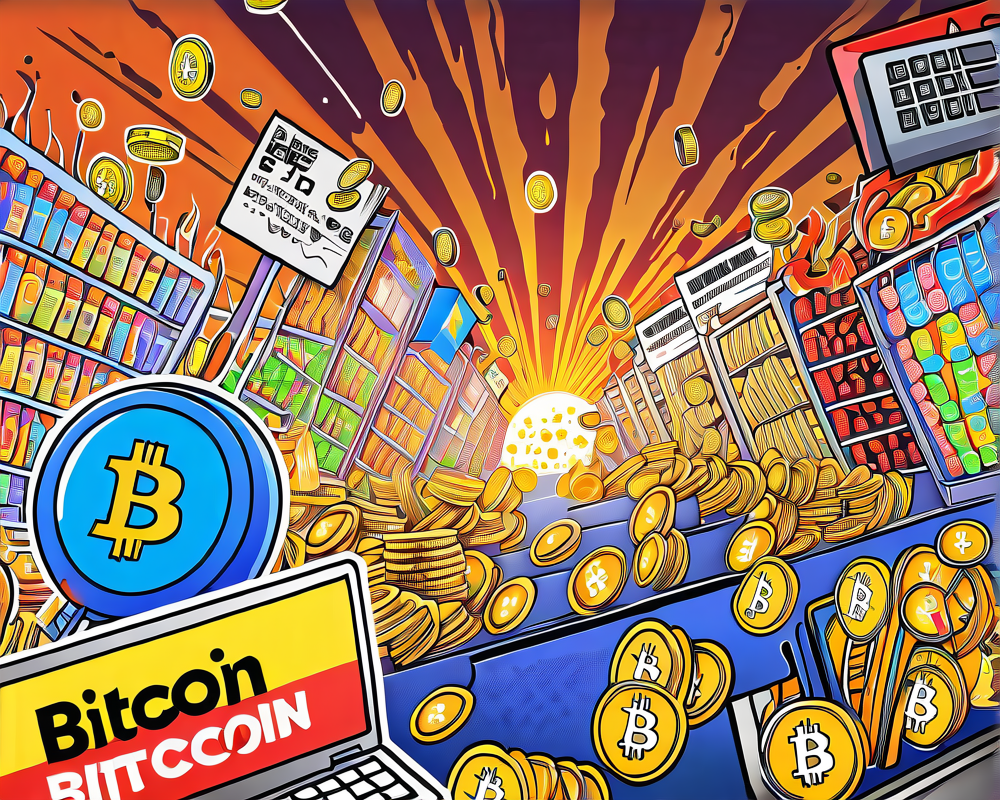The Pain of Hyperinflation
Hyperinflation isn’t just a bad math problem—it’s an economic nightmare. Citizens in countries facing this phenomenon often find themselves grappling with wildly fluctuating currencies, which is like trying to make a soufflé in a hurricane. Imagine walking into a store with a backpack full of cash only to realize that the money you painstakingly gathered is practically worthless. That’s the grim reality in places like Zimbabwe and Venezuela, where the currency’s value evaporates almost overnight.
Zimbabwe: A Case Study in Currency Collapse
Zimbabwe is perhaps the poster child for hyperinflation, reaching ridiculous heights around 2008 when bread prices skyrocketed to billions of Zimbabwean dollars. Fast forward to today, and history seems poised to repeat itself. As the government restricts cash flow and makes credit card payments nearly non-existent, citizens are adapting in the strangest of ways—by turning to digital currencies like Bitcoin.
Bitcoin to the Rescue
Bitcoin is not just a trendy word you throw around at parties; in Zimbabwe, it’s becoming a lifeline. With the local economy bogged down by regulatory chains, people have turned to Bitcoin for transactions. Need a car? Fork over some Bitcoin instead of stuffing your wallet with worthless bills. This pivot has led to Bitcoins trading at a hefty premium of around $7,200 on local exchanges like BitcoinFundi. Who knew that hype could get so literal?
Lessons from Venezuela: A Parallel Path
Meanwhile, in Venezuela, a country currently in the throes of its own hyperinflation crisis, people are also looking towards Bitcoin as a solution. When traditional banking system fails, people often seek refuge in alternatives. Experts are even suggesting a trend towards ‘Bitcoinization,’ where countries in crisis lean more heavily on cryptocurrencies as a functional form of currency.
Why Choose Bitcoin?
- Decentralization: No government can arbitrarily devalue it.
- Global Acceptance: It opens doors to transactions that defy borders.
- Fewer Limits: No restrictions from local authorities—just pure financial freedom.
The Future: Will Bitcoin Save the Day?
The future remains uncertain, but one thing is clear: in times of economic strife, people will innovate. Whether Bitcoin can truly replace traditional currencies in countries battered by hyperinflation is yet to be seen, but for now, as they say on the internet, it’s ‘to the moon!’ So, pack your digital wallets and stay tuned for what might unfold next in this very real economic drama.



